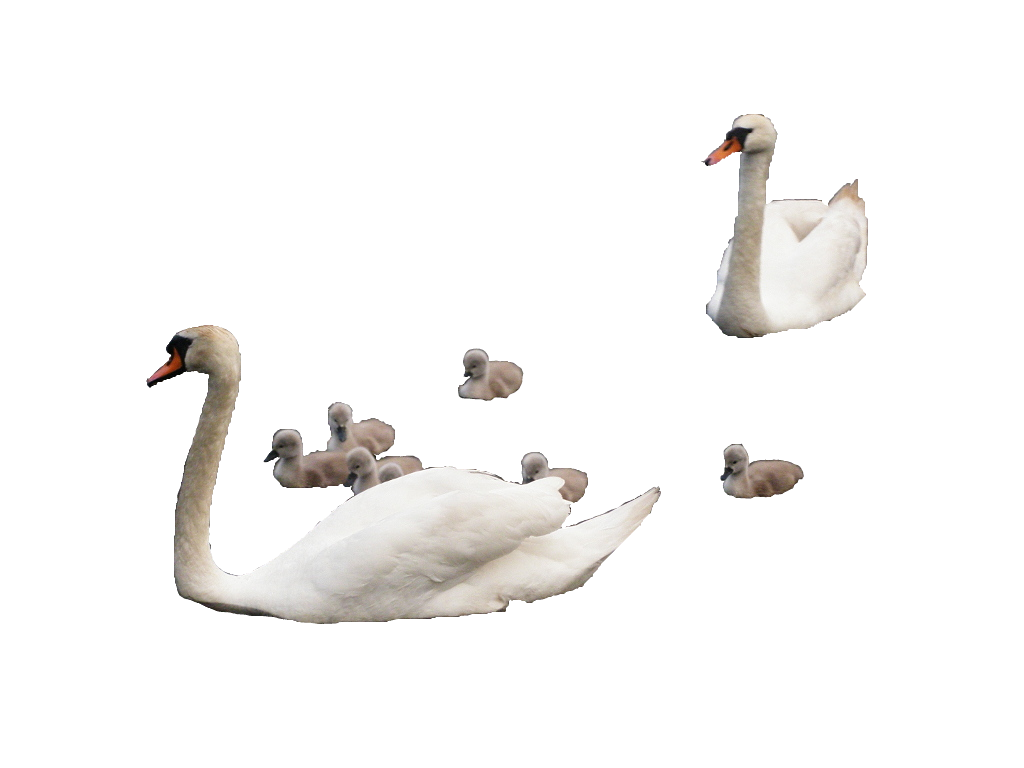
You are here
2.3.4. Education-method

The current basic, medium and higher education system will be replaced immediately by a scientific measure-made education-system for every age and level, from very young to aged, analogous to the range of thought of Maria Montessori.
Children and adults are arranged in small groups, based on preference, interest, cooperation-projects and level. High, average and low talented and age are just as intermingled as in a family.
On the condition of, now ánd in the future, not damaging yourself and others, each person gets both at home, at school, in development centres and elsewhere, from birth the opportunity to do "exploratory research" in their own way, to discover and organise their own interests and with that start activities and form an own opinion and identity.
Parents, teachers, caregivers and other educators are simply observing and coaching guides that provide sufficient space, information and knowledge resources, and eye on not harming themselves and others. They observe the interests and knowledge of the child or adult, and offer them the material that goes with it. It is up to the child or the adult if they lend an ear on it or not. They interfere with reasonable arguments and explanations when someone is damaging themselves or others mentally, physically or otherwise. For example, 'since others are not doing what the concerning person wants. "Or manipulative making misuse of being smarter or dumber than others. For example, 'since others or they themselves don't understand it anyway'. Or will not understand because understanding not only offers opportunities but also brings responsibility with it.
Forcing others to conform and make compromises are others, based on selfish 'logic', mostly with trojan resources, manipulative pushing to follow your wishes [whether or not supported or pushed by others]. One of those trojan resources is talking others into a feeling of guilt and threatening with anything and everything, if they don't do what you, or you and others want. This is identity-damaging and therefore intolerable and must be curbed with reasonable arguments. Both with respect to
- adults to children,
- leaders to citizens, co-workers, students, family-members and group-members,
- children to adults,
- citizens, co-workers, students, family-members and group-members to leaders
- mutually, between leaders, adults, citizens, co-workers, students, family-members, group-members and children, as
- from one culture and group to another.
Extrinsic expectations, requirements and tests can undermine intrinsic expectations and motivation. Especially during the construction of the intrinsic awareness, expectations and motivation development, caution is advised. Also later stages of life shows how much extrinsic [culture] expectations, the intrinsic still overgrow and undermine.
Children naturally explore and test themselves constantly and let it then show to others [look at what I can do....]. This process will be stimulated, by children from an early age on, let formulate commands to themselves [now I want .....] and that let themselves perform and evaluate [whether and what has going well and what not]. And if all is well to reward themselves, for example with a homemade 'diploma'. If wanted [or increased that far], they can, under the watchful eye of others and/or teacher, let judge others [whether or not with a 'diploma']. And..., learn to discuss that [where the child agrees and where doesn't]. This process of self-analysis forms the basis for the rest of their life. Adults who haven't developded this process in youth or haven't learned it well, will be still, at will, guided and coached to get this process mastered.
The process of self-examination is constantly expanding with an increasingly scientific approach, complete with hypothesis, observing, experimental and concluding research, and reporting and presentation.

